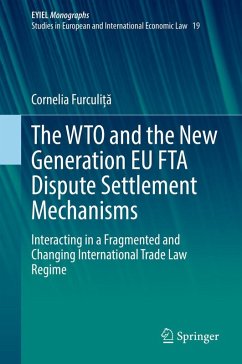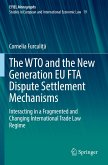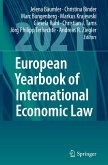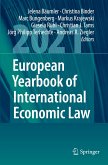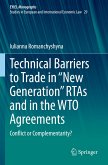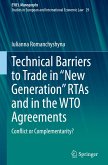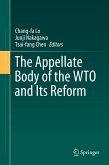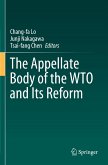This book explores interactions between the new generation EU FTA and the WTO dispute settlement mechanisms, adopting an innovative, comprehensive approach. It investigates how the mechanisms potentially could and actually do compete, conflict, and cooperate, focusing not only on the potential negative consequences of fragmentation, but also on how synergies could be enhanced. Thus, unlike the existing literature, which chiefly focuses on conflicting interactions, it considers positive and negative interactions alike. Moreover, the book explores the topic in light of the most recent changes in and challenges to the international trade law regime. Particular attention is paid to how the multilateral and bilateral mechanisms studied interact with regard to the current WTO dispute settlement crisis and the EU-backed multi-party interim appeal arbitration arrangement. Thus, the book provides up-to-date answers to compelling questions. It also examines in detail the new generationEU FTA dispute settlement mechanisms, an aspect which has not been the subject of thorough research to date.The book pursues an interdisciplinary approach, combining legal methodology, international relations and political science theories with interviews. Given its scope, the book will appeal to researchers and scholars whose work involves international trade law issues. However, it will also be of interest to general international law academics, as it touches upon such issues as fragmentation, forum shopping, and general rules of interpretation. Furthermore, by analysing and presenting proposals with regard to the new generation EU FTAs, it will also be pertinent to the work of EU policymakers and researchers studying EU trade law.
Bitte wählen Sie Ihr Anliegen aus.
Rechnungen
Retourenschein anfordern
Bestellstatus
Storno

